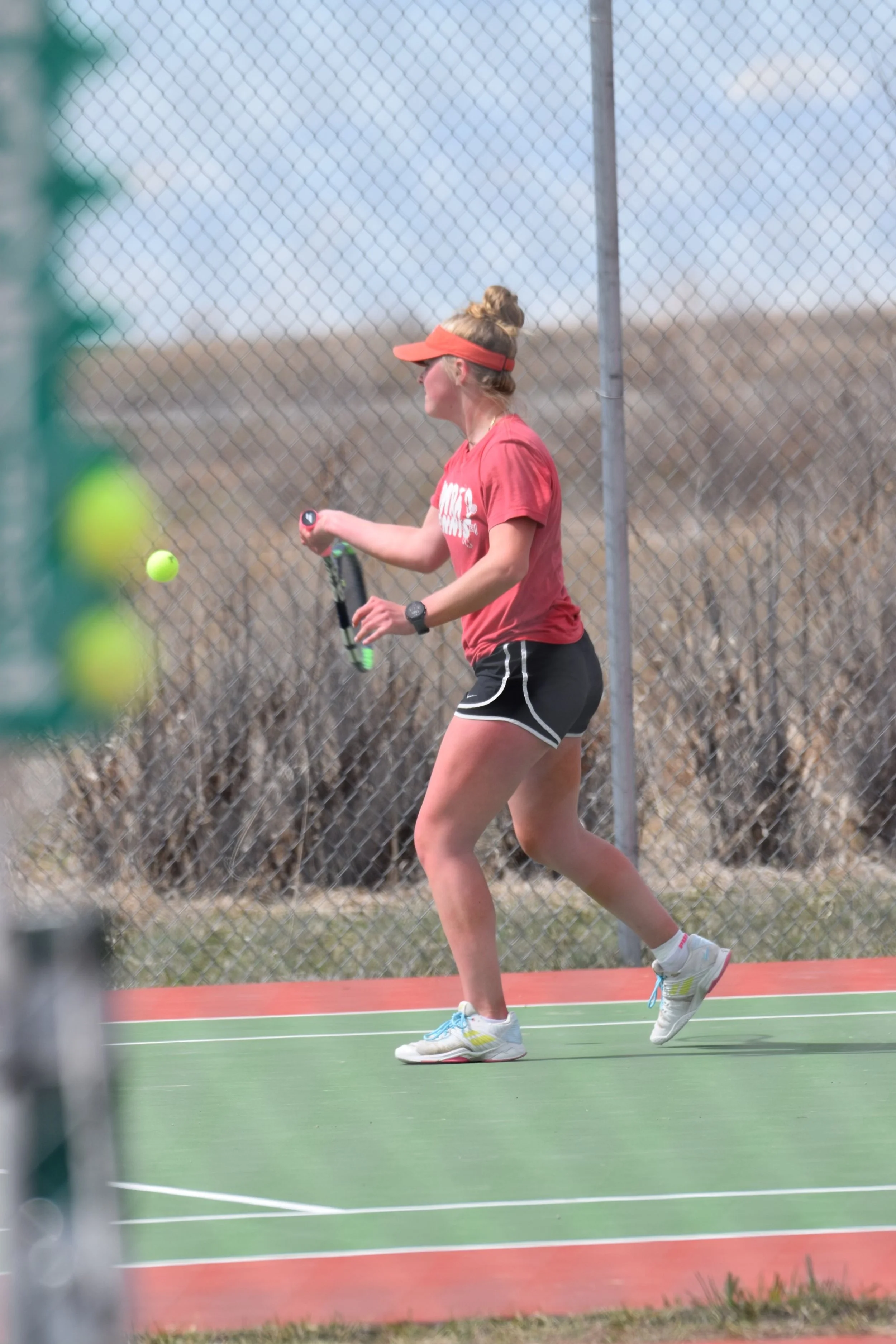Tennis, Cover Crops and Imposters
My daughter, Abby, has played singles tennis for seven years, loving every swing, serve and rally.
She works out and runs during the off-season, playing when the weather allows, too.
Tennis, like so many aspects of life, takes skill along with mental toughness.
Out there alone on the court, it is easy to beat yourself up by obsessing about a mistake you just made, doubting your true skill.
It’s a form of Imposter Syndrome, when that inner enemy harps on mistakes to prove you are not as good as you know you are.
The tennis court is not the only court where an inner voice makes the difference between success and failure.
Ranchers stand alone, making decisions, sometimes doubting them and then living with the consequences of those decisions.
I stepped into that quagmire of Imposter Syndrome last week.
Knowing I am not a farmer so my knowledge about crops is severely limited, I wondered again what to do with my old, dryland alfalfa stand.
The conversation inside my head went something like this:
Accuser: “Look at all of that bare ground between plants. It bakes all summer. No wonder the alfalfa doesn’t grow. A real rancher would never have alfalfa like that.”
Defensive Me: “I’ve been experimenting in small patches to make it better. They haven’t worked.”
Accuser: “The experts say you need to spray out the old stuff, then till the soil, then seed it.” Defensive Me: “Research shows that spraying kills the soil microbes right when I want to encourage them.”
Accuser: “They are experts for a reason. What do you know?”
Defensive Me: “I know I need healthy soil microbes so the plants have something to eat.”
Accuser: “Some of the conventional experts think you’re listening to nutcases.”
Defensive Me: “Sometimes nutcases have innovative ideas. Spraying creates Welfare Plants. Besides, I have enough hay so if it all turns into a wreck, I can still feed the cows.”
Accuser: “You better do something soon or all you will have is bare ground. Your neighbors’ alfalfa looks a lot better. I hope they don’t drive past yours.”
The Accuser in my head had a point.
I called a couple of seed companies to ask for recommendations.
One reputable agronomist suggested planting corn and millet, warm-season crops that will provide good grazing in the fall, but can’t be seeded until at least the end of May, after the last frost.
I have moisture in my soil now, but the forecast is dry so my soil might be dusty in a month.
My inner voices bickered again.
Finally, I trusted my inexpert instincts and insisted on seeds that can withstand frost and be planted next week.
The Accuser in my head cowered in a corner, waiting to prove I’m an imposter, but I had her on the ropes for now.
Then I drove to the tennis court to watch Abby play.
I watched her inner voices express themselves in her serves, rallies and footwork.
She found herself far behind in a match with last season’s state champ, her inner enemy highlighting every misstep, poor serve and out-of-bounds hit.
Then I saw a physical change.
She held her shoulders back and took the risky, effective shots.
Her serves skimmed just above the net.
She quit listening to that critical inner voice and found her way back into the match.
Abby’s competitor ended up winning the match, but Abby beat the Imposter Syndrome. She learned to choose to believe in herself.
If she ever needs to plant a cover crop in alfalfa, she will know how to listen, consider and then ignore that critical inner voice and do what needs to be done.
Her way.
